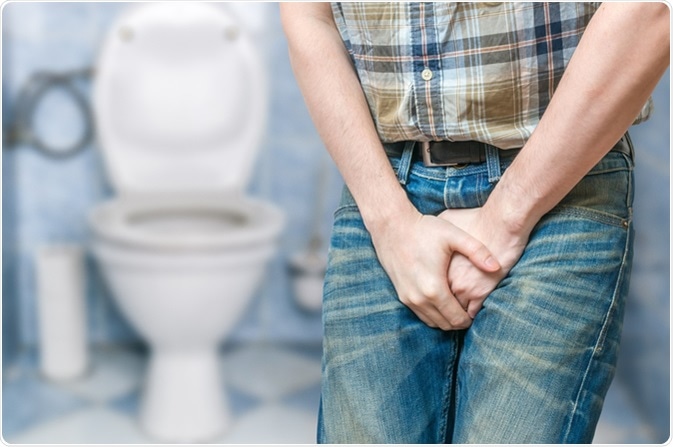For All The Latest Medical News, Health News, Research News, COVID-19 News, Dengue News, Glaucoma News, Diabetes News, Herb News, Phytochemical News, Cardiology News, Epigenetic News, Cancer News, Doctor News, Hospital News
Neurogenic bladder is a type of urinary tract dysfunction caused by damage to the nerves that control retention and release of urine. Signs and symptoms of neurogenic bladder can vary widely between individuals. Some of the major signs of neurogenic bladder are recurrent urinary tract infections, leaking urine, overactive bladder, frequent urination, urinary retention, and underactive bladder.

Repeated urinary tract infections (due to bacteria, viruses or yeast growing in the urinary tract) can be a sign of neurogenic bladder. People with neurogenic bladder are at risk for urinary tract infection through a number of immune and inflammatory mechanisms.
For example, an increased pressure in the bladder can lead to ischemia, predisposing the organ to infection due to a lack of blood supply and decreased availability of inflammatory cells and antibiotics. Additionally, the structure of the perineum is abnormal in neurogenic bladder, leading to colonization with pathogenic bacteria (possibly due to disruption of the glycosaminoglycan layer in the lining of the bladder)
Immunoglobulins, which are quite significant components of the human immune system, are also at reduced levels in patients with neurogenic bladder, which decreases the ability of affected individuals to fight off a looming infection.
When the bladder is overactive, its muscles contract more than normal, often resulting in urine leakage. Overactive bladder causes sudden urges to urinate and may (or may not) be accompanied by a sensation of leaking urine. Other causes of leaking urine with overactive bladder include a weakened pelvic floor, enlarged prostate, interstitial cystitis, excess alcohol or caffeine intake, and medications.
Frequent urination during the day or night may be a sign of neurogenic bladder. A common benchmark for normal frequency of urination would be 8 times in 24 hours. This symptom may also cause sleep disturbances and impair normal functioning during the day
A bladder is underactive when the muscles of the bladder or urethra do not contract properly. This causes difficulty emptying the bladder or “dribbling” when attempting to urinate. Retention of urine may occur after urination. Other causes of underactive bladder include enlarged prostate, vaginal prolapse, and aging.
Symptoms of neurogenic bladder can occur in either the storage or voiding phase of urination. Urgency, frequency, nocturia (excessive nighttime urination), and urinary incontinence are associated with abnormalities of the storage phase. Conversely, dribbling, hesitancy, interrupted flow, and straining are connected to the voiding phase of urination. Some patients may not have noticeable symptoms, but have incomplete voiding upon examination.
A visit to the doctor can help in pinpointing the primary cause of neurogenic bladder. Typical tests include urodynamic studies, cystoscopy, X-rays, a CT scan, and magnetic resonance imaging (MRI).
Urodynamic studies are tests of bladder function that determine how much urine the bladder can hold, what the pressure is within the bladder, the flow of urine out of the bladder, and how well the bladder empties when full. It is carried out through sensors on the skin near the urethra or the rectum.
In any case, the proposed treatment varies depending on the cause of the disorder. Catheterization, drugs, bladder augmentation surgery, and lifestyle changes are common treatments for neurogenic bladder. There are also drugs that can be injected into the bladder or urinary sphincters to control contractions.